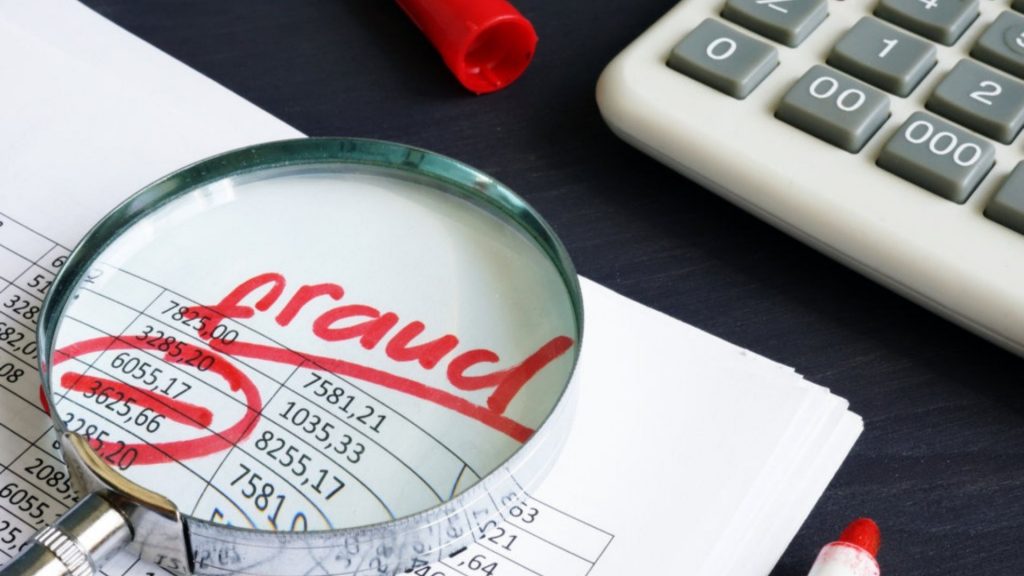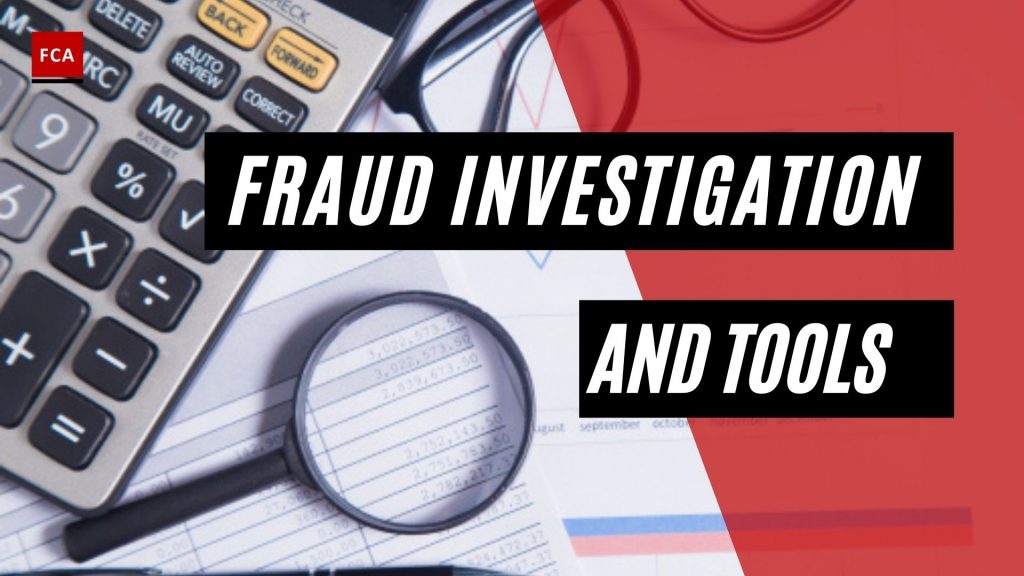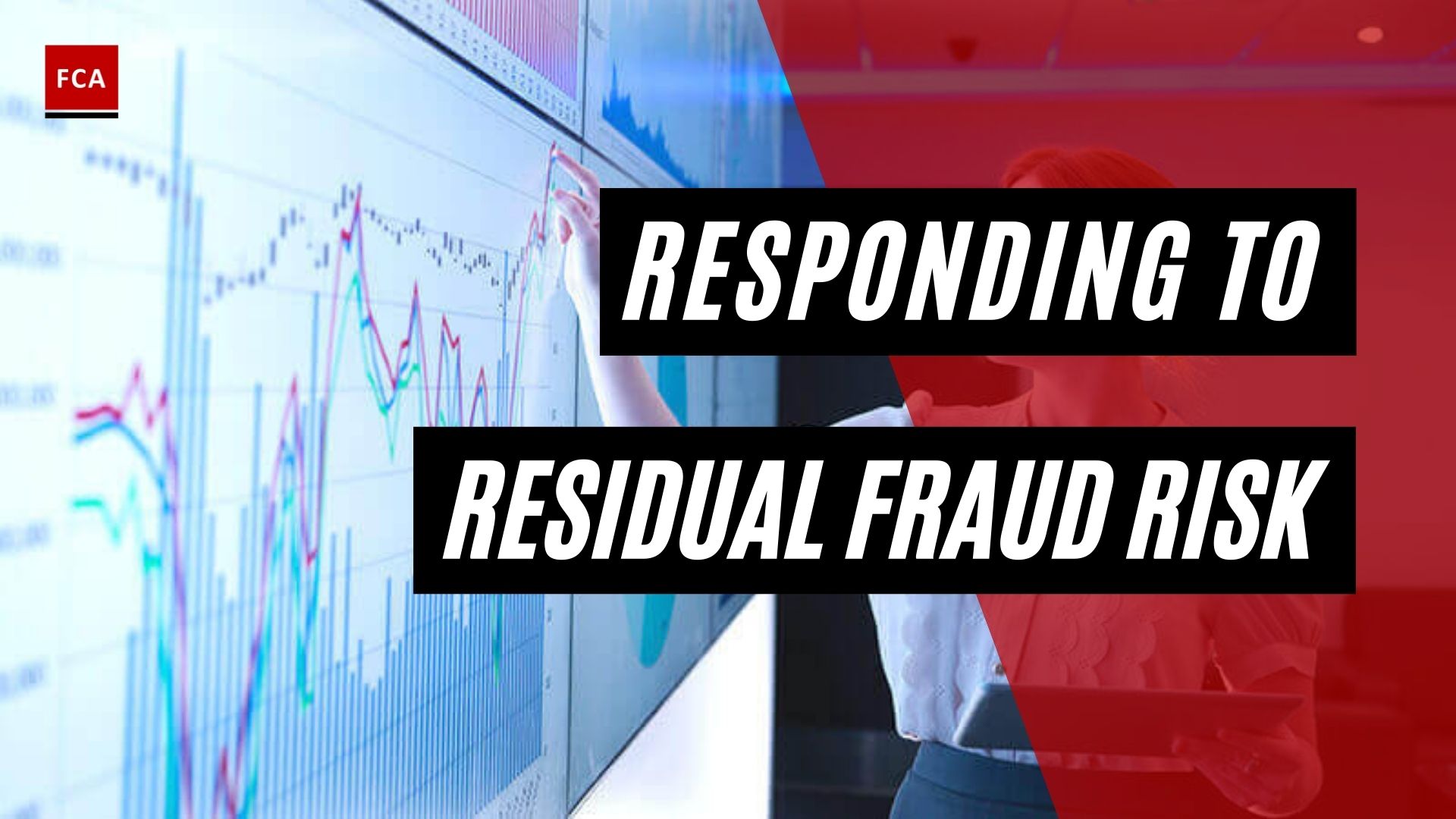Fraud investigation and tools are used for investigative procedures. A forensic accountant’s most important skill is refined fraud detection abilities.
When financial crimes are detected early, they can be dealt with quickly and with minimal damage. When fraud is discovered at a later stage, the damage done may be irreversible.
What Are The Fraud Investigation And Tools?
To investigate the frauds, different tools and methods are used by the fraud investigation team or experts, such as:
- Forensic Investigations,
- Intelligence,
- Data mining, and
- Data Analysis.
The utilization of the above tools and methods depends on the nature and severity of the business operations and fraud incidents.

The Investigation Tools And Techniques
The effectiveness of the fraud detection techniques used by the investigator determines how quickly and accurately financial crimes are detected. While the learning process in this dynamic profession is ongoing, anyone interested in becoming a forensic accountant should have a working knowledge of fraud detection techniques. A solid understanding of the most important forensic audit tools and techniques is also required.
Forensic Technology Investigation
Transaction analysis or forensic audit s vital to the fraud investigation process. Quantified and experienced professionals perform transaction analysis.
It becomes a challenge when the fraud suspects are themselves skilled accountants or professionals with sound knowledge of the company’s internal controls, processes, and financial system. Forensic accountants will be needed to analyze the activities in organizations where such types of professional fraudsters work. Forensic accountants not only analyze the activities of professional fraudsters. They also calculate the estimated losses and damages caused by the fraudulent acts of professional and skilled fraudsters.
The search, seizure, and analysis of the electronic evidence, stored in personal computers or information devices, are utilized and used as computer forensic investigations. Computer forensic data can also be obtained from remote locations the company uses cloud services. Forensic investigators access the financial and other information to analyze and assess the evidence and information.
It is rare for modern-day fraud incidents to be identified without the use of data storage devices and computers. Due to these reasons, computer forensics is a vital skill set.
The important part of the fraud investigations is the fieldwork and the interviews of the persons and suspects. They can prove to be the conclusive evidence process. Information obtained during the interviews can become sufficient appropriate evidence.
Intelligence
Organizations use various smart intelligence bases processes and systems with the ability to perform the investigation process. Such systems are based on artificial intelligence. All the activities are tracked and analyzed through the appropriate AI-based algorithms. Fraud investigation experts use such AI-based investigation tools and systems to identify the real cause and culprits.
Artificial intelligence can enhance information security across a number of business departments and operations sections of the company, such as at retail and financial payments points or gateways. These AI-based intelligent fraud detection and investigation tools are used in companies that provide money services or payment services to merchants and customers.
For example, AI-based systems may be used to trace the sequence of payment card usage and channels or endpoints accessed to utilize the card data. AI-based tools analyze the behaviors of transactions and devices in a particular business environment.

Data Analytics
Due to many financial transactions and related information flow between different departments, it becomes very difficult for organizations and companies to understand the data flow and its management. In fraud investigations, understanding the information flow between departments and functions key. It is not practical for human beings to analyze whole data or information, especially complex information, without using specialized methods and tools.
Data analytics help management and fraud investigations teams to analyze large sets of data to identify the fraud trends and indicators relevant to different processes and departments of the company.
The companies employ computer forensic technicians or data analytic experts to understand the large and complex data, especially the data highlighting fraud indications or control lapses.
Organizations and companies analyze the copious amounts of data to investigate frauds through different techniques such as:
- Data mining and data analysis,
- Database repositories, including electronic data,
- Big data analysis or complex data analysis using materiality thresholds,
- Social media posts,
- Media news feeds, and
- Sales, marketing, and operations materials.
For example, the company’s substantial number of financial transactions data may be analyzed better with data analytic tools, such as Power BI. Finance professionals with fraud investigations experience utilize intelligent tools and techniques to understand the linking of the financial data and transactions of the company. Process owners’ access rights and recording of financial information by the relevant authorized persons are easily identified through the data analysis and tools.
Final Thoughts
The most effective forensic accounting is that which prevents fraud in the first place. As with all types of crime, fraud prevention is always preferable. Forensic accountants are trained to recognize various signs and indications of possible fraudulent activity in order to investigate and resolve cases. However, it is better for everyone if financial crimes are made difficult or impossible to commit. This proactive approach to fraud can save any organization time, money, and possibly even reputational harm. Nonetheless, it is a rare skill that only the most exceptional forensic accountants possess.









